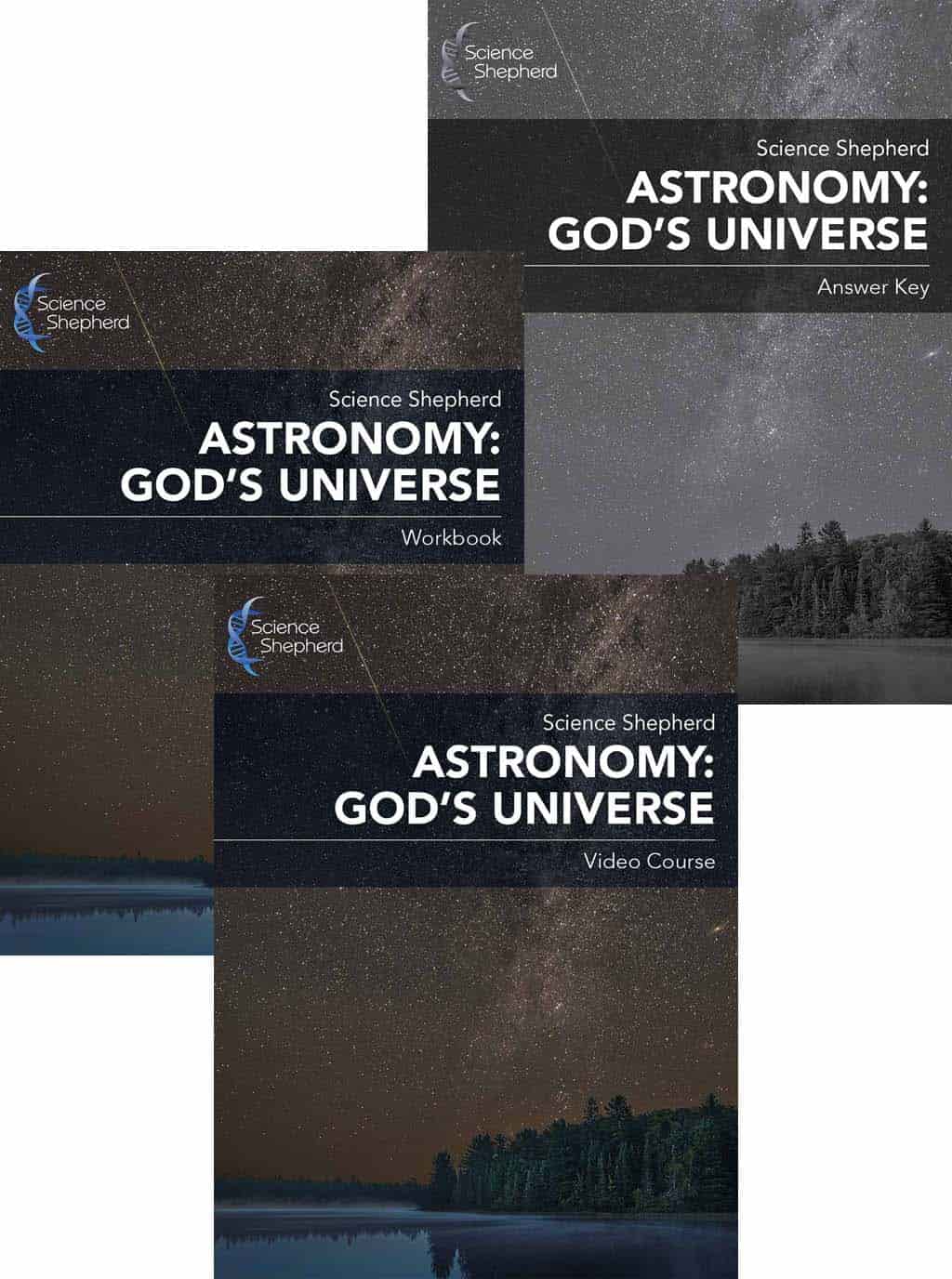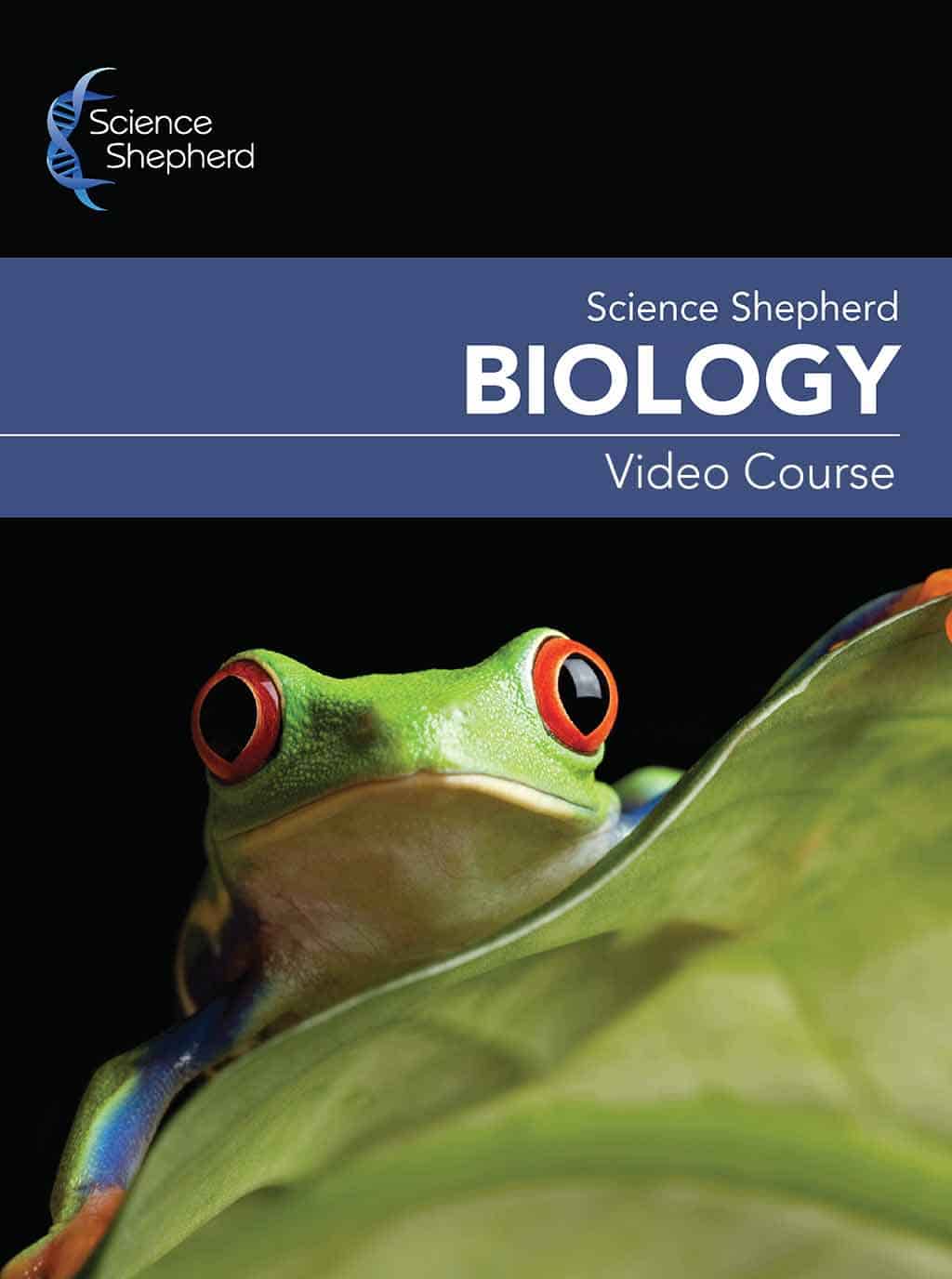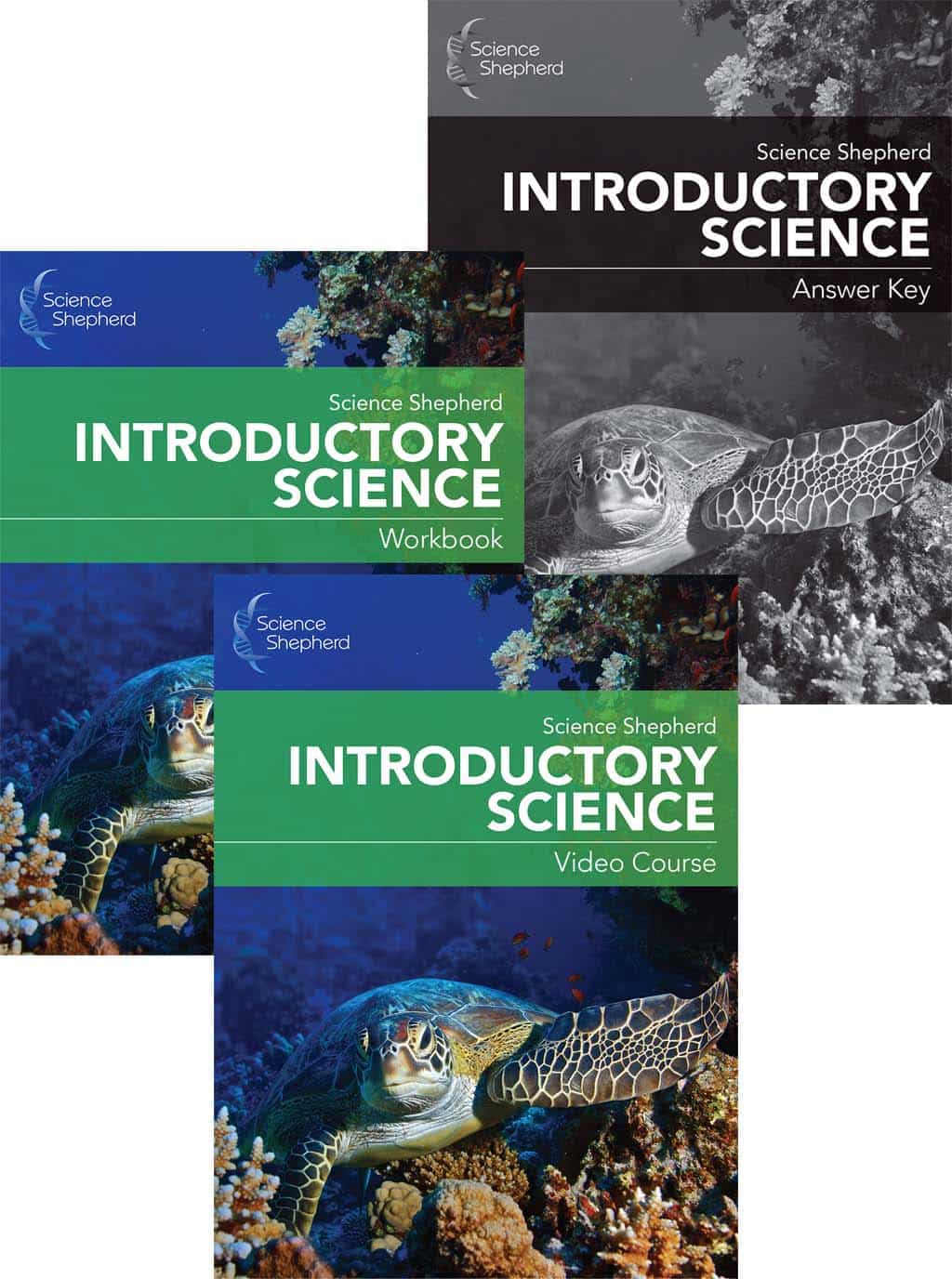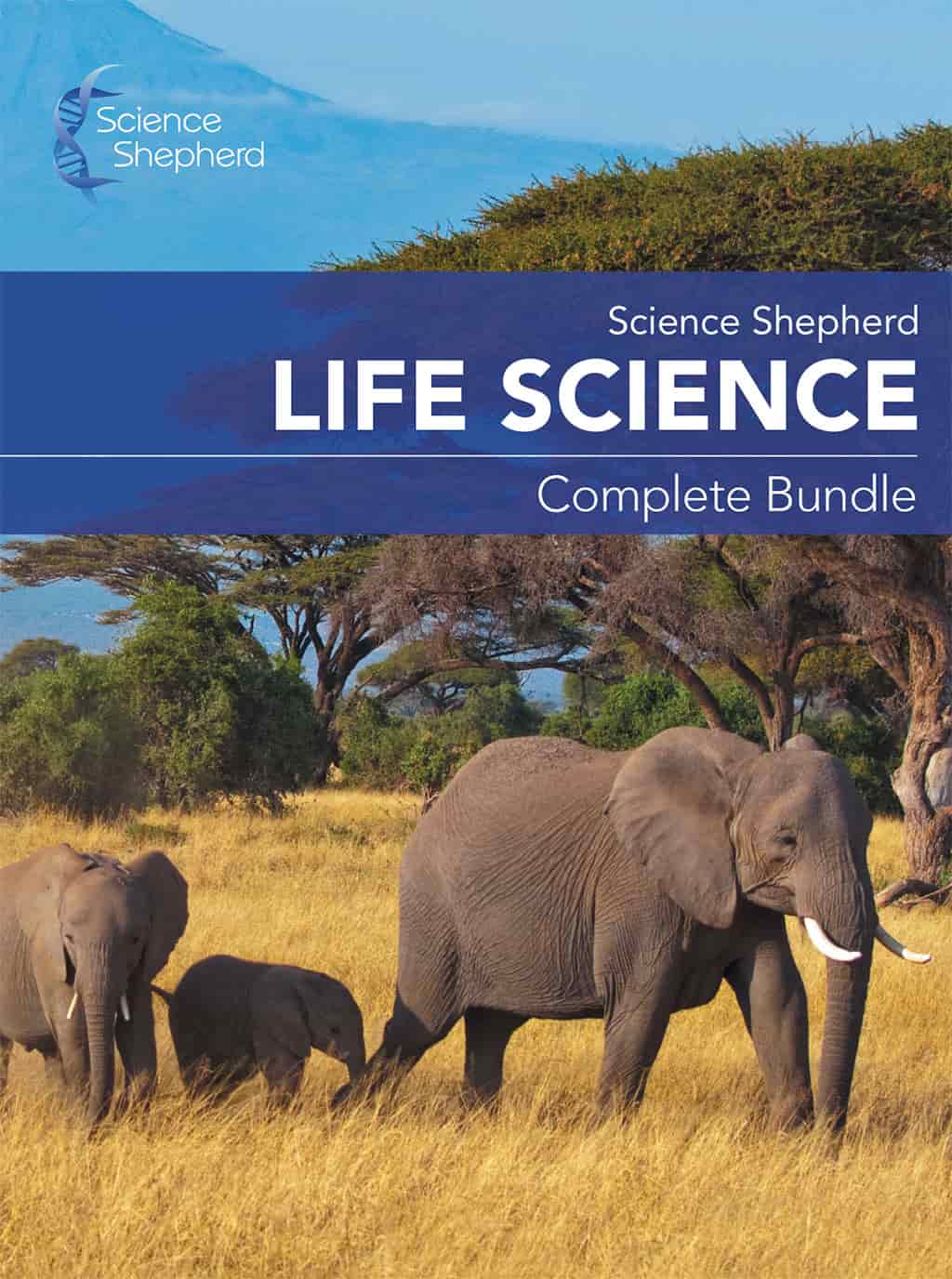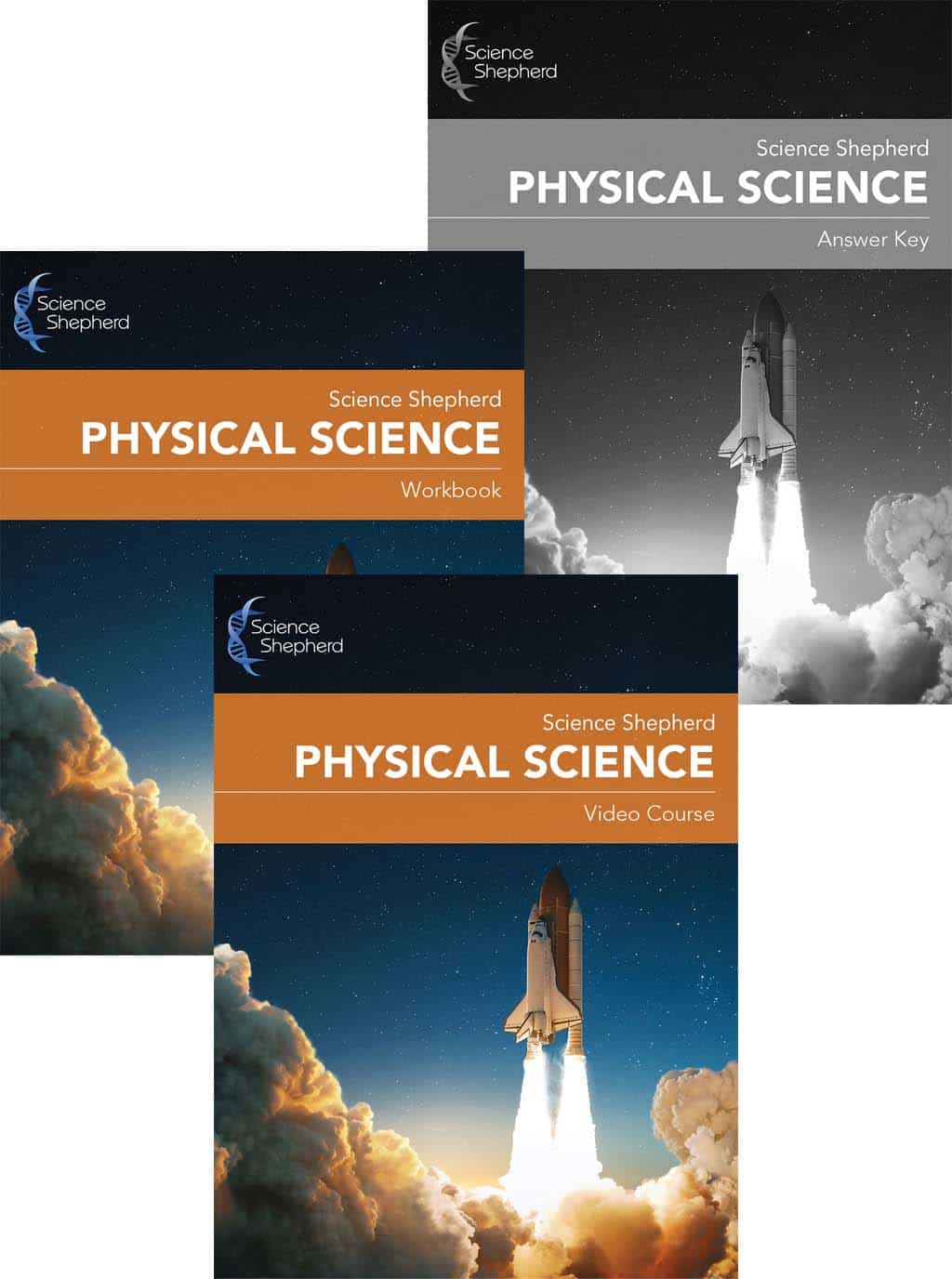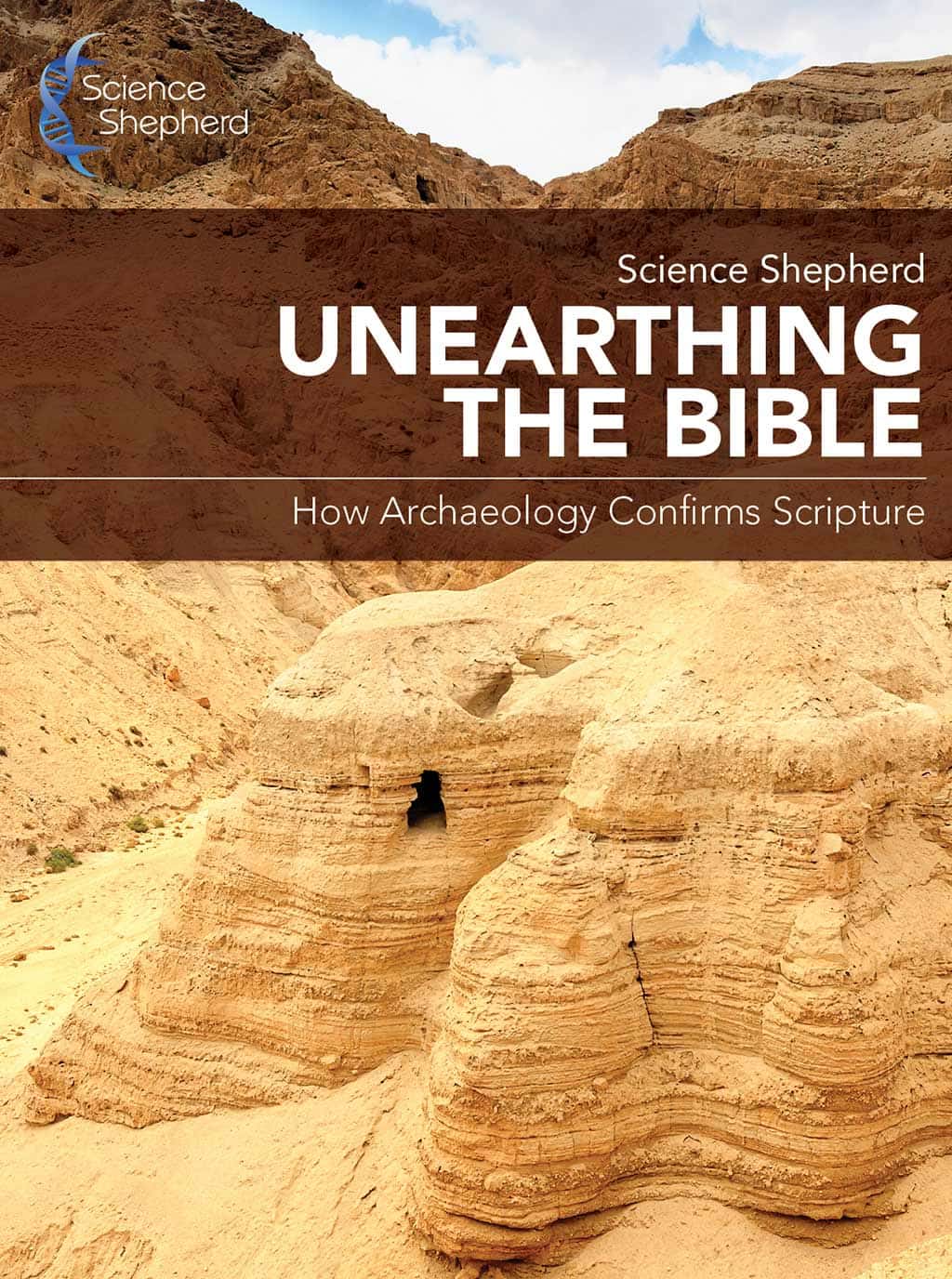An Interview with a Homeschool Nursing Student
by Bill Hardin July 10, 2020 10 min read

Serving the Lord in Science: An Interview with Abbi R.
Earlier this year, Kristen Hardin for Science Shepherd had the opportunity to interview Abbi R. during her senior year at Wisconsin Lutheran College (WLC)*. She shares how she decided to study nursing, about her homeschool experience, tips for students interested in going into nursing and how she saved money on her degree. Since doing this interview, Abbi graduated with her nursing degree, passed the NCLEX and is now putting her studies into practice on the job as an RN.
This post is part of a series of interviews with Christians who are either preparing to work in science fields or who have been working in science fields. Many will have a close association with homeschooling.
Science Shepherd: Hi Abbi! Thank you so much for taking the time to talk with us at Science Shepherd.
Abbi: I’m glad to be here.
Science Shepherd: How did you decide to pursue nursing for your degree?

Science Shepherd: Excellent! That’s great! Do you feel that your homeschool education prepared you well academically for your college studies?
Abbi: Yes. Definitely. Especially my freshman year, I noticed that a lot of other people from different schools – even if it was a really good school – they didn’t necessarily know how to study on their own very well, and so that was a big change because in college you have these classes but you also have a lot more free time when you’re supposed to be studying on your own because it’s more homework heavy. And so I was really good at that because I had always done that. Being homeschooled, I knew how to read the textbook, and I knew how to figure out questions, and I knew where to look if I had concerns. But not a lot of people necessarily had that skill or the time management ability. So especially freshman year when everyone was kind of coming into a new situation, I felt that I was better able to study on my own. And still participate in the classroom and all of that, too. But I…think academically, as well as with time management and study skills, it definitely prepared me.
Science Shepherd: That’s good to hear! So what was your home education like?
Abbi: I don’t remember necessarily grade school that well . . . I think we did some Apologia science when I was younger, and we did mostly Abeka . . . Then in seventh grade when my sister was pretty young, my mom decided that me and my brother should do the Abeka DVDs . . . So we would watch the video, and then there would always be homework assignments that we would do on our own . . . My brother was a little bit younger, so he needed more of my mom’s attention, but I did a lot of that – I could do that on my own pretty well. My mom would obviously grade the tests, and if I had questions and all of that she would be there. Then my senior year of high school I did some online classes through Landry Academy, which doesn’t exist anymore, but they were live. I wanted to do a few different classes that weren’t available through Abeka. So I did Anatomy & Physiology, Advanced Writing & Composition (or something). I did that What’s Next? class. I did a graphic design class… I liked [those classes] because that was live with a teacher and you could do online chat and things like that, too…But I don’t think I would have liked that for my whole schooling; I think it was a good option for my senior year though.
Science Shepherd: Do you have any advice for a homeschooler who wants to go into nursing as far as things they should study or activities they should pursue?
Abbi: Definitely you have to like science if you want to go into nursing . . . [T]he head of our nursing program at WLC was talking to our whole class about how a lot of the applicants for the nursing program are like “Oh, yeah, I really want to be a nurse,” but also then they talk to them further and they’re like “But I also don’t like biology. I also don’t like chemistry. I don’t like all of these different science classes.” And that’s hard because that’s going to be the majority of your classes for the first couple years…The first year is chemistry . . . A lot of people if they don’t do well in chemistry don’t end up actually going into nursing after all . . . They put that there on purpose . . . So definitely take the science classes that are required, and then, if you have a chance in high school, take anatomy. That really helped . . . Even though you’re going to have to take it again. Usually, nursing programs don’t accept AP credits for those classes because those are core classes that they really want all the nursing students to have their foundation of because you don’t really know was this AP class different than this one. So I know they won’t accept AP Chem even at WLC at least. So take a lot of science classes. I also took medical terminology my senior year, which I think was helpful just because a lot of the Latin roots are the same, so if you can handle all that – but that’s not really necessary. Then as far as activities…If you can take a CNA class that might be a good entrance and then start working as a CNA. It’s definitely not the same things that you’ll be doing as a nurse, but you still get a little view into the field, and you get to interact with nurses and see if you like what they do . . . And a lot of nurses that haven’t been CNAs – it’s still necessary sometimes to do the things that CNAs do as a nurse and so if you don’t have that background as a CNA, it’s sometimes frustrating for the CNAs and for the other staff, so it’s a good way to get into nursing . . . to start working as a CNA.
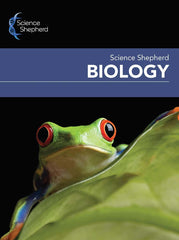
Learn More
Science Shepherd: Great! That’s good advice . . . So let’s talk about the cost of college. For some people this can be a huge challenge, especially with science degrees, and if you want to go to a good school and just figuring out how to be able pay for all of it. Have you been able to save money on your college degree at all whether that was through CLEP testing or scholarships or saving money on food – that kind of thing?
Abbi: In high school, I never did CLEP tests or AP tests . . . Initially, I wished I would have done some of those things, but I don’t think it would have necessarily helped me for nursing specifically because if I took AP Chem, which I probably would have, they wouldn’t have let me use that anyway just because . . . the specific college usually wants their own chemistry as the foundation for the nurses. So I didn’t save any money that way. And usually it’s pretty hard to graduate a nursing degree in less than four years just because all the clinicals fall on a specific schedule, so you may need a clinical that is only offered your senior year and you have to take all these other classes first . . . [I]t’s just kind of a jigsaw puzzle that doesn’t really work in less than four years. But I did save money by scholarships. [WLC] actually has a homeschool scholarship, which is interesting. So they give $1,000 per year to anyone who is homeschooled just because they’ve found that those students do really well and they like to encourage them to go there!
Science Shepherd: That’s awesome!
Learn more about Wisconsin Lutheran College's homeschool admission policies and scholarship.*
Abbi: So that was cool! But also then academic scholarships. That’s the main way that I saved money in college so far…I still live on campus, but I was able to get a reduced meal plan and do some more cooking myself and shopping. And the meal plan can be really expensive because they have to cover the football players that eat 25 hamburgers . . . So it’s kind of a one-size-fits-all, and it can be really expensive. But I was able to get a reduced meal plan. So that’s helped a lot to do more of my own cooking.
Science Shepherd: Great! That’s sounds like a really good idea. And it’s just cool that your college gives scholarships to specifically to homeschool students . . . .Over the last three-and-a-half-ish years is there a highlight of something you’ve gotten to do as part of your program at WLC?
Abbi: Well, the whole program has been way better than I actually anticipated. I’ve really liked getting to know the professors more. I like the atmosphere of the school – it’s more conservative. And I feel like the faculty does a really good job teaching us, which is important. This last semester we had clinicals at Children’s Hospital and St. Joe’s for our pediatrics and OB clinicals, and for OB clinical I got to watch a live birth, which was really exciting. That was, I guess, something that I didn’t anticipate being able to see, and just to be there for the beginning of life [outside the womb] was pretty cool. Also, . . . on one of our clinical days, the instructor let each student have one chance to go watch a surgery, and so I got . . . to go in the OR and watch a robotic-assisted surgery, which was really cool and just amazing to see the technology and to see the staff working together and what they do. And, I think that even if you don’t want to work in surgery or you don’t want to work in labor and delivery, it’s important to see those things and have experiences because maybe you’ll work post-op and now you’ll know what the patient went through in surgery and maybe you understand their pain a little bit more or what to look for. And to see a delivery is important because that’s how everyone enters the world! So now you know what the mother goes through and what the baby goes through in that process.
Science Shepherd: So what is something that looking forward you’re really excited about or that you’re really looking forward to about being a nurse?
Abbi: I know that it’ll be challenging at least in the beginning . . . I know that time management is always an issue with new nurses because there’s just so much that you have to do . . . It takes a little bit longer to process everything at first. But I’m excited to have the opportunity to be with all of these patients when they’re at a vulnerable time in their life. I think, as a Christian, even if I’m not specifically praying with all of them or anything like that, just to be a comforting presence in that time is kind of a testimony . . . In my internship this year, I have had the opportunity to pray with a patient, which was really cool. I’m not sure that she was a Christian, but she was going through something really difficult, and I asked her if she wanted me to pray for her, and she said, “Yes,” and so then we prayed together and that was, I think, beneficial for her. She said that she was a lot calmer afterwards, and it was great for me to have that opportunity. So it’s moments like that that I’m really the most excited for, but also it’ll be fun just to try new things, and . . . well, finally be in the field that I’ve been training so long for!
Science Shepherd: Well, it will be exciting to get to see as you transition into that and just how the Lord will use you. Any other thoughts you’d like to share before we wrap it up?
Abbi: I think nursing is a really exciting field, and I definitely encourage other students to at least look into it. Definitely try to make sure that you like science and all of those things before you jump right in, but definitely go for it!
Science Shepherd: Great! Well, thank you so much, Abbi, for taking the time to talk with Science Shepherd today, and may the Lord bless you as you serve Him in science and specifically in nursing.
Abbi: Thank you for interviewing me!
Until next time!
Science Shepherd
This post is part of a series of interviews with Christians who are either preparing to work in science fields or who have been working in science fields. You can read our interview with a doctor and homeschool dad here.
Kristen Hardin is happily the wife of Bill Hardin, mother of a baby boy, a Spanish teacher for wonderful homeschool students via Gather4Spanish and an author. Her children’s picture book called Miss Mary: A Tale of Old County Clare is set for release later this year.
*Science Shepherd is not affiliated with Wisconsin Lutheran College. The content of this interview should not be understood as an endorsement of WLC.
Sign-Up Today!
Subscribe for the latest news and receive 10% off and a FREE resource!
Recent Articles
Categories
- Anatomy & Physiology
- Astronomy
- Biology
- Board Books
- By Grade
- Chemistry
- Creation
- Curriculum
- Earth Science
- Evolution
- Free
- Giveaways
- Homeschool Help!
- Homeschooling
- Interview
- Introductory Science
- Life Science
- News
- Physical Science
- Physics
- Reviews
- Sale
- Science
- Science Challenge
- Science Focus
- Unearthing the Bible
10% Off Your Next Order
Subscribe to our newsletter and we'll send you a code for 10% off an order
plus a free download of 5 Scientific Ways Your Kids Can Defend Their Faith.


